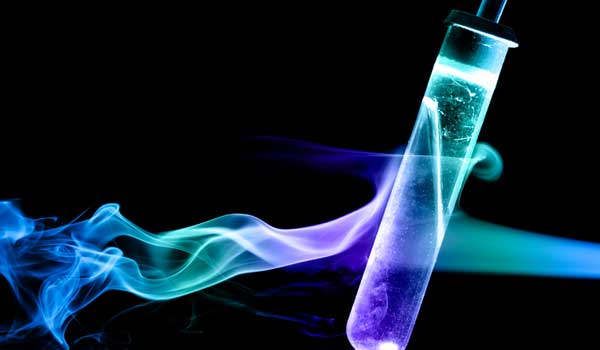Immune System Researchers Win Nobel Prize in Medicine

Get the world’s most fascinating discoveries delivered straight to your inbox.
You are now subscribed
Your newsletter sign-up was successful
Want to add more newsletters?

Delivered Daily
Daily Newsletter
Sign up for the latest discoveries, groundbreaking research and fascinating breakthroughs that impact you and the wider world direct to your inbox.

Once a week
Life's Little Mysteries
Feed your curiosity with an exclusive mystery every week, solved with science and delivered direct to your inbox before it's seen anywhere else.

Once a week
How It Works
Sign up to our free science & technology newsletter for your weekly fix of fascinating articles, quick quizzes, amazing images, and more

Delivered daily
Space.com Newsletter
Breaking space news, the latest updates on rocket launches, skywatching events and more!

Once a month
Watch This Space
Sign up to our monthly entertainment newsletter to keep up with all our coverage of the latest sci-fi and space movies, tv shows, games and books.

Once a week
Night Sky This Week
Discover this week's must-see night sky events, moon phases, and stunning astrophotos. Sign up for our skywatching newsletter and explore the universe with us!
Join the club
Get full access to premium articles, exclusive features and a growing list of member rewards.
The Nobel Prize in medicine was awarded this morning to researchers whose work provided key insights into how the immune system is activated.
Three researchers, Bruce A. Beutler of the United States, Jules A. Hoffmann, born in Luxembourg, and the late Dr. Ralph M. Steinman, of Canada, won the prize of $1.5 million (10 million kronor). Steinman was awarded half the prize and Beutler and Hoffmann shared the other half.
Beutler and Hoffmann discovered proteins on the surface of immune cells (receptors) that recognize microorganisms and activate innate immunity — the body's first line of defense against potentially harmful pathogens. Beutler identified the role of so-called Toll receptors in 1996, and Hoffmann identified Toll-like receptors in 1998.
In 1973, Steinman discovered cells of the immune system called dendritic cells. These cells activate part of the adaptive immune system response – a later stage of the immune response during which microorganisms are cleared from the body.
"The discoveries of the three Nobel Laureates have revealed how the innate and adaptive phases of the immune response are activated and thereby provided novel insights into disease mechanisms," the Nobel committee said in a statement. "Their work has opened up new avenues for the development of prevention and therapy against infections, cancer, and inflammatory diseases."
Their findings help improve vaccines against infections, the committee said. They also helped us understand why the body's immune system can attack it's own tissues, as is the case in autoimmune diseases.
Beutler is a currently researcher in the genetics department at The Scripps Research Institute, La Jolla, Calif. Hoffman headed a research laboratory in Strasbourg, France, from 1974 to 2009, and was president of the French National Academy of Sciences between 2007 and 2008.
Get the world’s most fascinating discoveries delivered straight to your inbox.
Rockefeller University says Nobel medicine prize winner Ralph Steinman died on Sept. 30. Steinman was a senior physician and head of a cellular physiology and immunology laboratory at that university in New York City, according to the university's website.
This story was provided by MyHealthNewsDaily, a sister site to LiveScience. Follow MyHealthNewsDaily Twitter @MyHealth_MHND. Find us on Facebook.
Editor's note: This story has been updated from an earlier version, which did not include the information about Steinman's death.
 Live Science Plus
Live Science Plus






